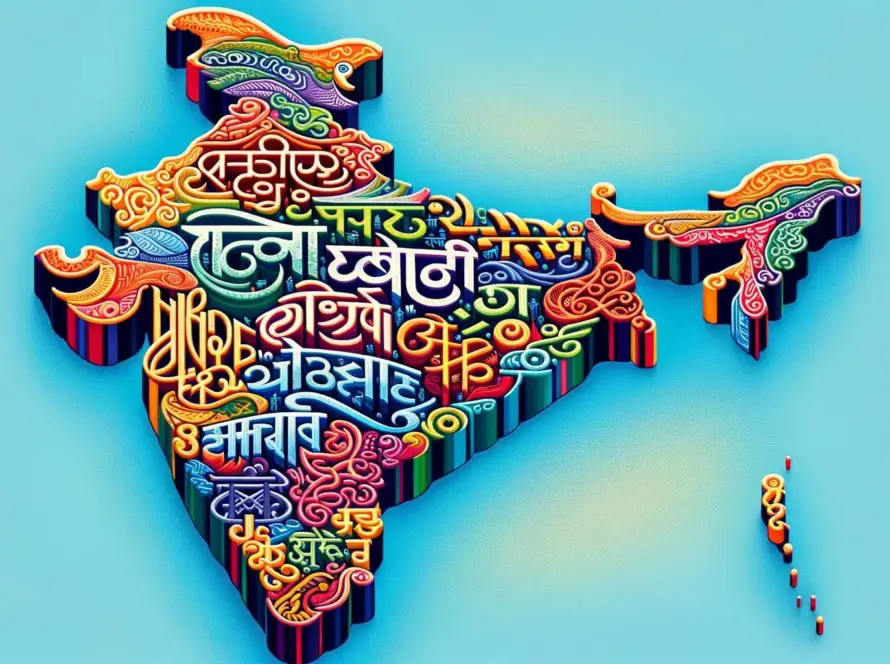Generated by Contentify AI

The Caste System in India is a complex social structure that has deeply rooted origins dating back thousands of years. Initially, the system was based on occupational roles, with each caste having specific duties and responsibilities within society. Over time, however, the caste system evolved into a hierarchical classification system, where individuals were born into a particular caste and their social status was determined by birth rather than merit or skill.
In recent decades, there have been significant changes to the caste system in India, particularly as the country has modernized and urbanized. Government legislation has been enacted to provide affirmative action and reservations for lower caste individuals in education and employment opportunities, aiming to promote social equality and reduce discrimination. Despite these efforts, the caste system continues to influence various aspects of Indian society, including politics, marriage, and social interactions.
Controversies surrounding the caste system in India remain prevalent, with debates on whether it should be abolished altogether or reformed to better reflect the principles of equality and justice. While some argue that the caste system is an inherent part of Indian culture and tradition, others believe that it perpetuates discrimination and inequality. As India continues to progress and evolve, discussions on the caste system persist, highlighting the need for ongoing dialogue and action to address its impact on individuals and communities.



